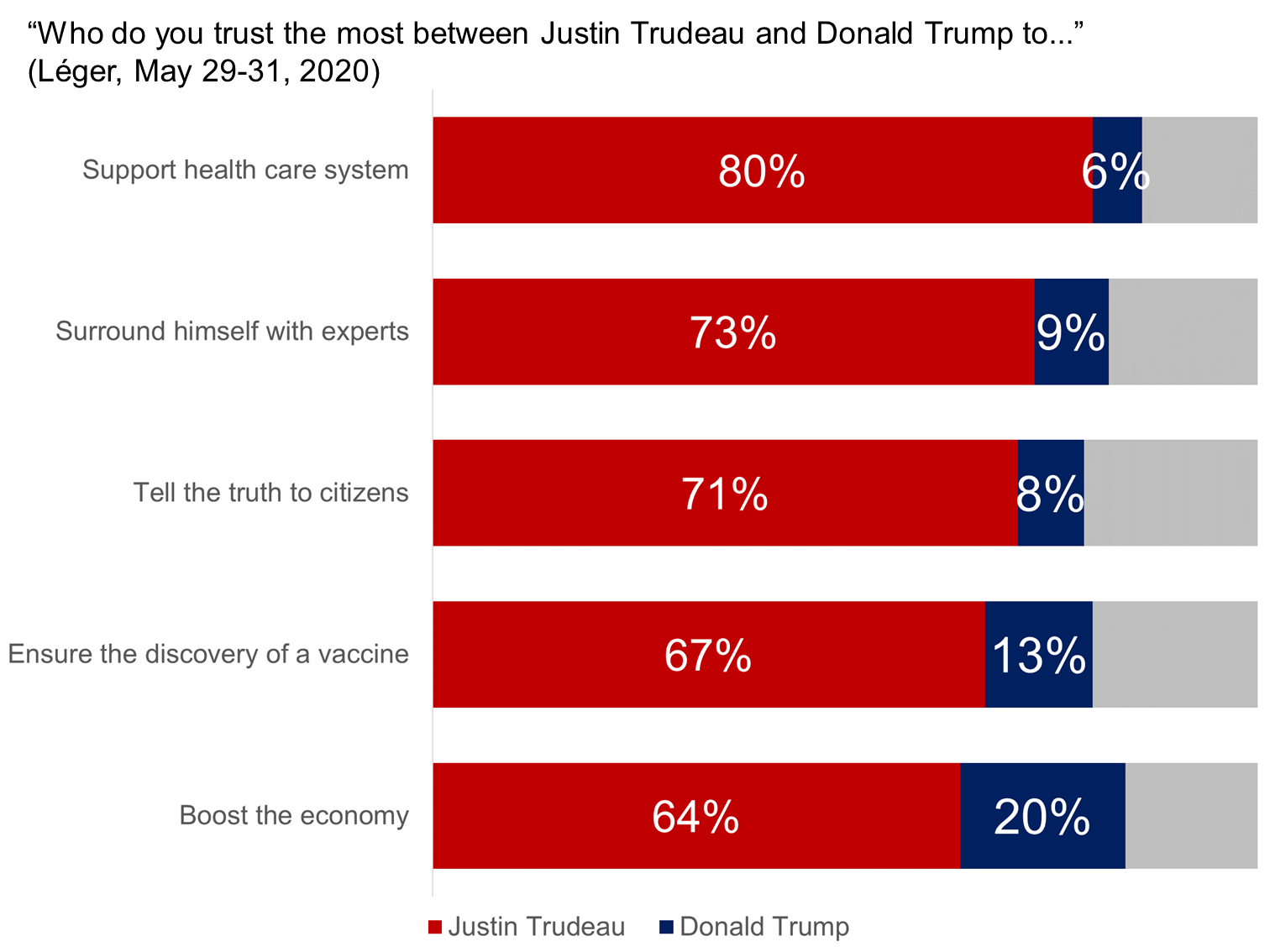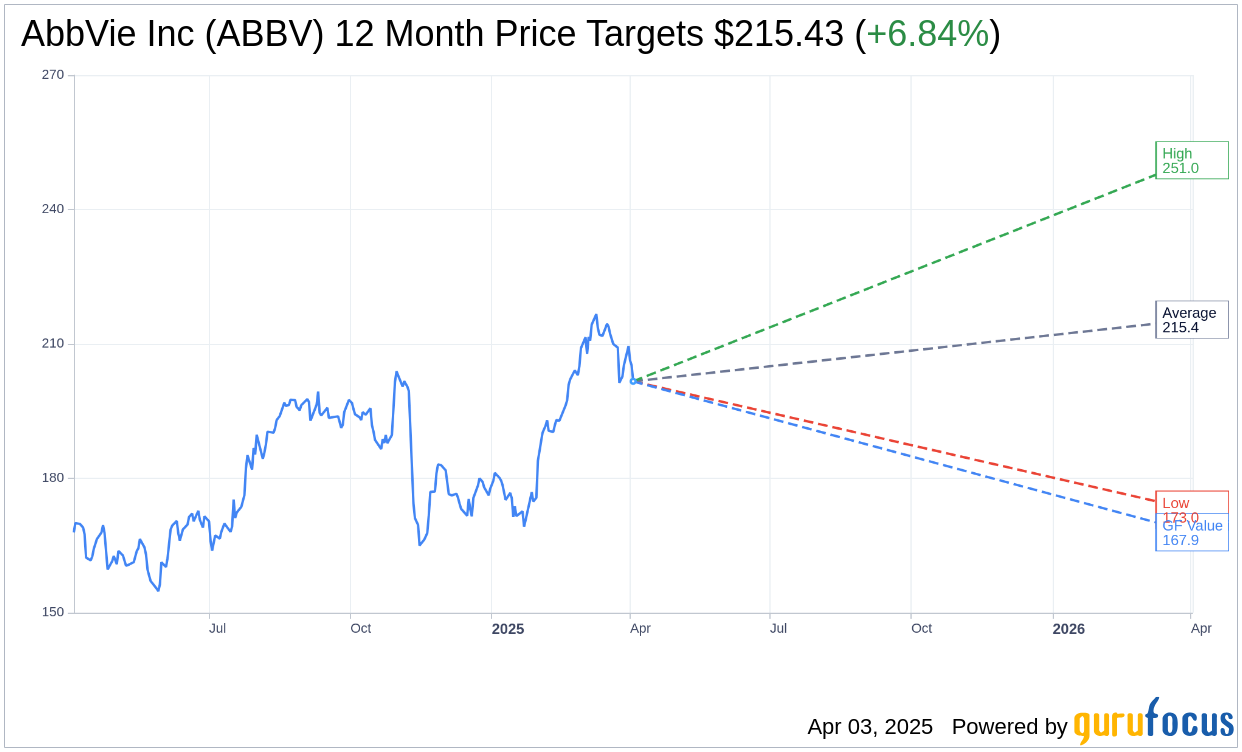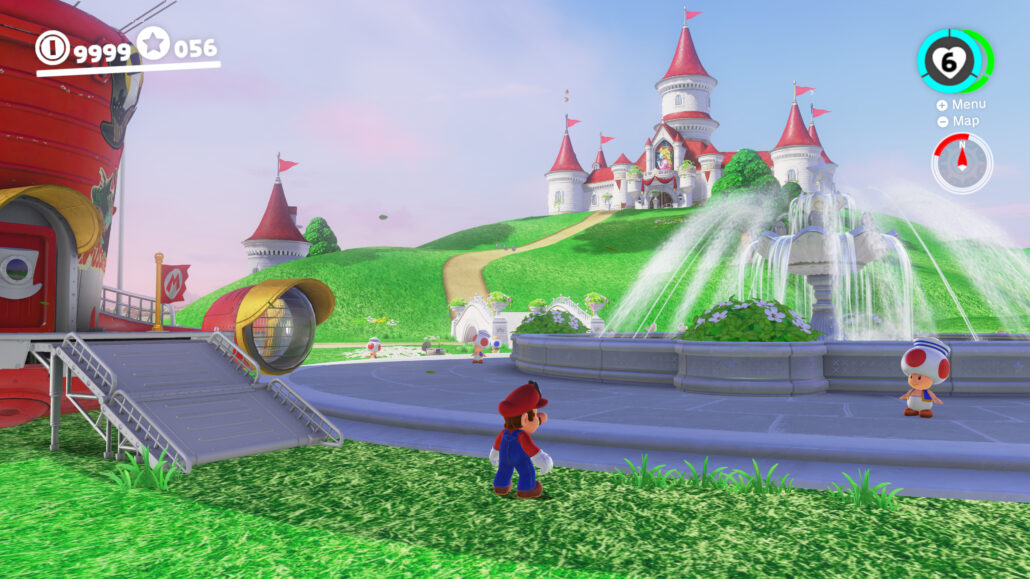Microsoft-Activision Deal: FTC's Appeal And Its Implications

Table of Contents
The FTC's Case Against the Merger
The Federal Trade Commission (FTC) argues that the Microsoft-Activision merger, a significant acquisition in the gaming world, would create an unfair monopoly, harming competition and ultimately, consumers. Their case rests on several key concerns.
Concerns about Anti-Competitive Practices
The FTC's central concern is that the merger would grant Microsoft undue influence over the gaming market, leading to anti-competitive practices. This fear stems from several key areas:
- Call of Duty Exclusivity: A primary concern is the potential for Microsoft to make Call of Duty, a massively popular franchise, exclusive to its Xbox console and Game Pass subscription service. This would severely harm PlayStation players and potentially damage Sony's market share.
- Control over Game Distribution: Microsoft's dominance in game distribution through Xbox Game Pass is another area of concern. The FTC worries that the acquisition would allow Microsoft to leverage its power to suppress competition from other subscription services and independent game developers.
- Impact on Smaller Developers: The FTC also argues that the merger could stifle competition among smaller game developers and publishers, leading to less innovation and higher prices for consumers. The combined market power could limit the opportunities for smaller players.
Evidence Presented by the FTC
The FTC's case is supported by a considerable amount of evidence aimed at demonstrating potential harm to competition. This includes:
- Market Share Analysis: The FTC presented detailed analysis of market share and dominance, arguing that the merger would significantly increase Microsoft's power in various gaming sectors.
- Expert Testimony: The commission relied on testimony from competing companies and industry experts who highlighted the potential negative consequences of the merger.
- Review of Microsoft's Past Practices: The FTC reviewed Microsoft's past business practices to support its claims about the company's potential to engage in anti-competitive behavior post-merger.
Microsoft's Defense and Counterarguments
Microsoft vehemently denies the FTC's allegations, presenting a counterargument focused on maintaining competition and highlighting the benefits of the merger.
Commitment to Maintaining Call of Duty Availability
A central part of Microsoft's defense is its repeated pledge to keep Call of Duty available on PlayStation. They've offered long-term agreements to ensure continued access to the franchise on Sony's platform.
- Long-Term Agreements: Microsoft has proposed lengthy contracts guaranteeing Call of Duty's presence on PlayStation, aiming to alleviate concerns about exclusivity.
- Benefits for Game Development: Microsoft emphasizes that the merger will lead to increased resources for game development, resulting in better and more innovative games for all platforms.
- Expanded Reach of Call of Duty: The company highlights how the merger would expand the reach of Call of Duty to new platforms and audiences, thereby benefiting players overall.
Benefits of the Merger for Gamers and the Industry
Microsoft argues that the merger will ultimately benefit gamers and the industry as a whole through increased investment and innovation.
- Investment in Game Development: The combined resources of Microsoft and Activision Blizzard would allow for significant investment in game development, leading to improved graphics, gameplay, and overall game quality.
- Cross-Platform Gaming: Microsoft suggests that the merger could lead to enhanced cross-platform gaming capabilities, benefiting players across different consoles and devices.
- Expansion of Xbox Game Pass: The merger would potentially expand Xbox Game Pass’s library and accessibility, benefiting consumers with a wider selection of games.
Implications of the FTC's Appeal
The FTC's appeal carries significant implications for the future of the gaming industry and its players.
Impact on the Gaming Industry
The outcome of the appeal will shape the future of the gaming industry, serving as a precedent for future mergers and acquisitions.
- Future Consolidation: The decision could significantly impact future consolidation efforts within the gaming sector, influencing how regulatory bodies approach similar mergers in the future.
- Antitrust Regulations: The appeal's outcome will influence the interpretation and enforcement of antitrust regulations within the gaming industry and potentially beyond.
- Power Dynamics: The power dynamics among game publishers and platforms could shift dramatically depending on the ruling.
Implications for Gamers
The appeal directly affects gamers through potential changes in game availability, pricing, and subscription services.
- Game Prices and Access: The outcome could influence the prices of games and access to popular titles like Call of Duty.
- Game Subscription Services: The structure and offerings of game subscription services could change depending on the court's decision.
- Cross-Platform Gaming: The future of cross-platform gaming and its accessibility for players could be impacted.
Conclusion
The FTC's appeal against the Microsoft-Activision deal is a pivotal moment for the gaming industry. The outcome will significantly influence the competitive landscape, game availability, and the future of gaming for millions of players. Understanding the arguments on both sides is crucial. Stay informed about the developments in this case by continuing to research the Microsoft-Activision deal and its ongoing implications. The future of gaming hangs in the balance, and the next chapter in this legal saga will be critical in determining its course. The impact of the Microsoft-Activision deal will be felt across the entire gaming ecosystem.

Featured Posts
-
 Analyzing Trumps Unexpected Impact On Canadian Election Politics
Apr 26, 2025
Analyzing Trumps Unexpected Impact On Canadian Election Politics
Apr 26, 2025 -
 Abb Vie Abbv Raises Profit Outlook Strong Sales Growth From Newer Drugs
Apr 26, 2025
Abb Vie Abbv Raises Profit Outlook Strong Sales Growth From Newer Drugs
Apr 26, 2025 -
 Emerging Markets Fund Closure Point72 Traders Depart After Pod Shutdown
Apr 26, 2025
Emerging Markets Fund Closure Point72 Traders Depart After Pod Shutdown
Apr 26, 2025 -
 Unmasking The Top Love Island Nepo Babies A Definitive Ranking
Apr 26, 2025
Unmasking The Top Love Island Nepo Babies A Definitive Ranking
Apr 26, 2025 -
 The Rise Of Nepotism In Television How Nepo Babies Are Shaping The Industry
Apr 26, 2025
The Rise Of Nepotism In Television How Nepo Babies Are Shaping The Industry
Apr 26, 2025
Latest Posts
-
 Lab Owner Admits To Falsifying Covid Test Results During Pandemic
May 10, 2025
Lab Owner Admits To Falsifying Covid Test Results During Pandemic
May 10, 2025 -
 Ryujinx Emulator Project Halted After Alleged Nintendo Intervention
May 10, 2025
Ryujinx Emulator Project Halted After Alleged Nintendo Intervention
May 10, 2025 -
 Nintendos Action Leads To Ryujinx Emulators Development Cessation
May 10, 2025
Nintendos Action Leads To Ryujinx Emulators Development Cessation
May 10, 2025 -
 Geopolitical Shifts Trumps Role In Greenlands Relationship With Denmark
May 10, 2025
Geopolitical Shifts Trumps Role In Greenlands Relationship With Denmark
May 10, 2025 -
 Trumps Surgeon General Pick Casey Means And The Rise Of The Maha Movement
May 10, 2025
Trumps Surgeon General Pick Casey Means And The Rise Of The Maha Movement
May 10, 2025
